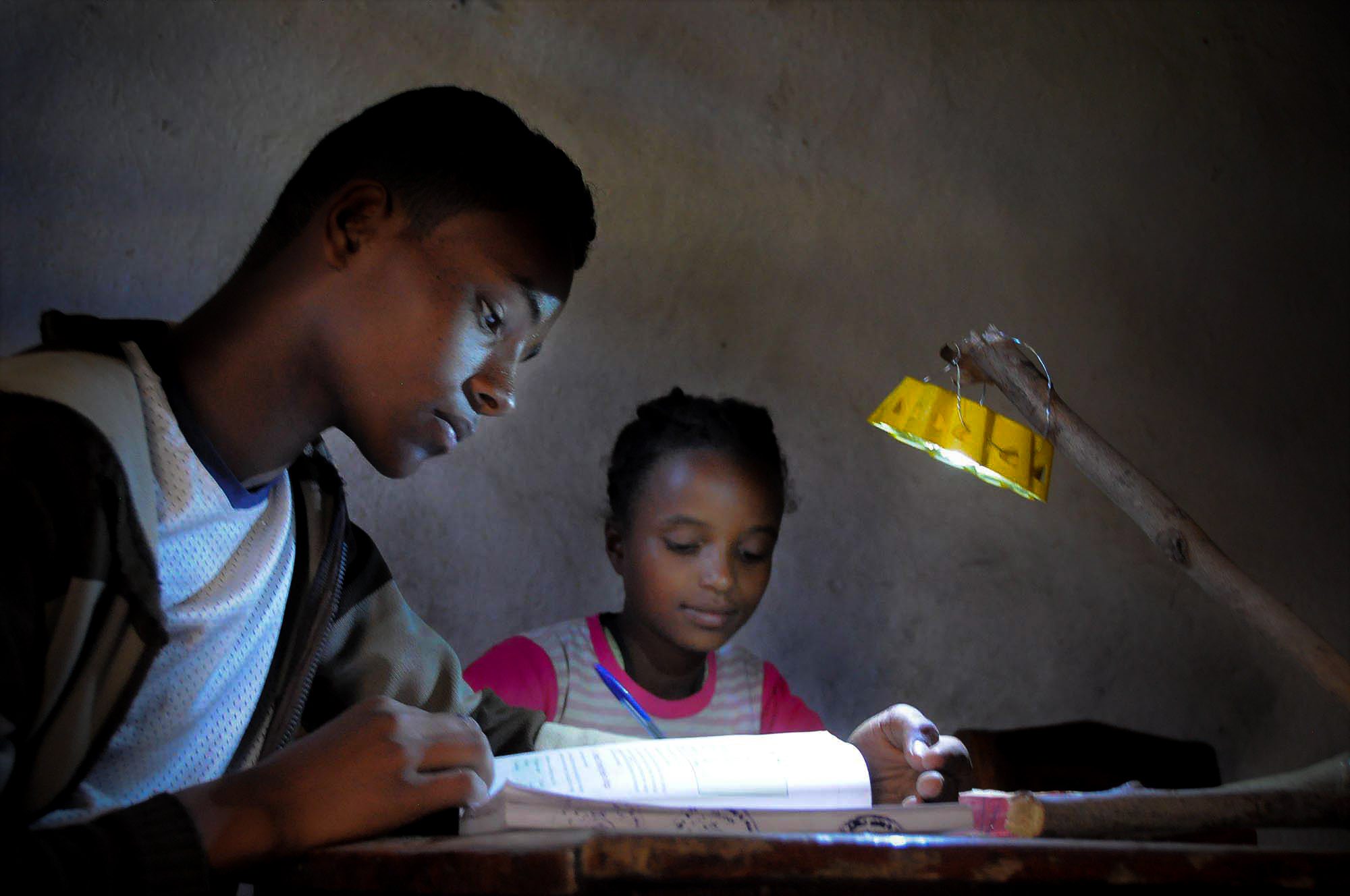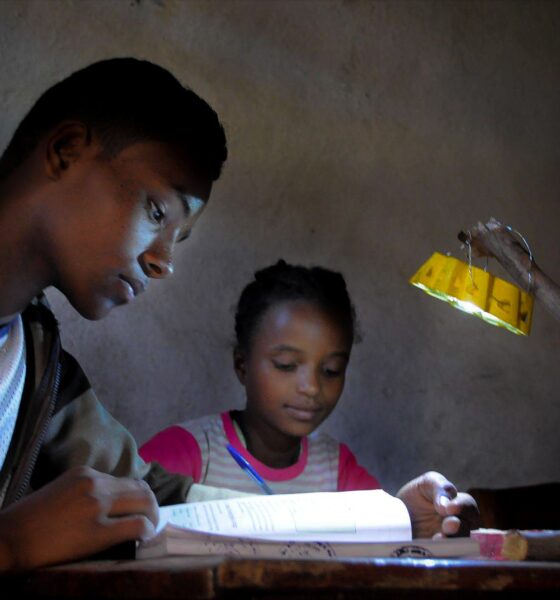

Energy
World Bank: cleantech SME’s in developing world to receive $1.6tr boost
Small and medium sized enterprises (SMEs) involved in bringing cleantech to developing countries could reap some $1.6 trillion (£980bn) over the next 10 years, as investors rush to tackle climate change.
According to a new report from the World Bank Group, SMEs will be able to seize a sizable amount of the $6.4 trillion (£3.9tr) expected to be invested in renewable energy, electric vehicles and similar technologies over the next decade.
In particular, the World Bank expects that China, Latin America, and Sub-Saharan Africa will be the top three developing markets for clean technology SMEs, with expected market sizes of $415bn (£254bn), $349bn (£214bn), and $235bn (£144bn) respectively.
Much of the focus for efforts to mitigate and adapt to climate change are focussed on the developed world.
Though they have historically contributed relatively little of the greenhouse gas emissions that have accelerated climate change, many developing countries are disproportionately vulnerable to its effects, such as extreme weather and falling crop yields.
Investors are therefore increasingly seeing opportunities to make money and a positive difference in the huge markets of the developing world, as warnings over rising temperatures grow more severe. In 2012, clean technology investment rose by 19% in developing countries, up to $112 billion (£68.7bn).
The World Bank notes that this boost could not just help prevent climate chaos, but could also create jobs and significant benefits for affected societies.
“Fostering home-grown clean-tech industries in developing countries can create a sustainable and wealth-producing sector of the economy, while simultaneously addressing such urgent development priorities as access to clean and affordable energy, clean water and climate-resilient agriculture,” said Anabel Gonzalez, senior director for the World Bank’s Global Practice on Trade and Competitiveness.
The report also observes that green jobs compare favourably to jobs in similar sectors, as many offer better pay and job security.
“We are already seeing real innovation from developing world SMEs in adapting products for local needs and developing new business models,” added James Rawlins, associate director at the Carbon Trust, which contributed to the report.
“Enabling and accelerating this should be a priority for policymakers at global and local levels.”
Photo: Maddalena Valeri / Little Sun
Further reading:
UN climate summit: ‘fair share’ system proposed to cut global emissions
UN climate summit: wealthy nations urged to donate to Green Climate Fund
New SME lending rules to ‘open the flood gates’ for alternative finance
IEA: $48tn energy investment needed to meet demand by 2035
Danish investors commit £130m to climate fund for emerging economies





























